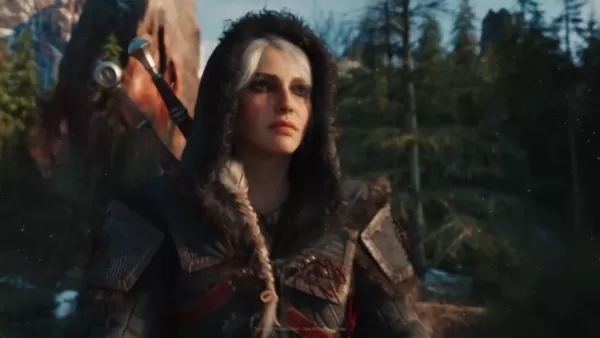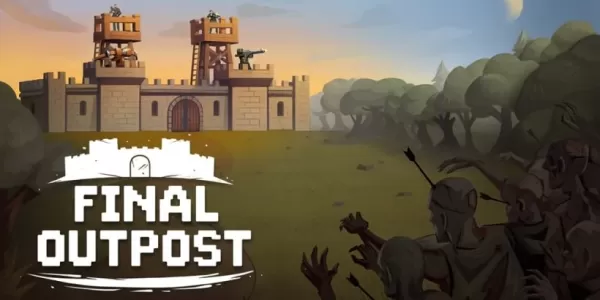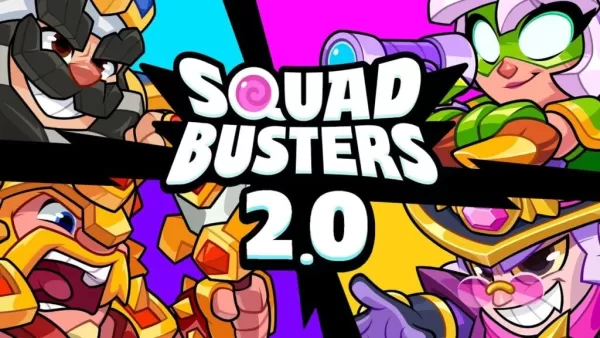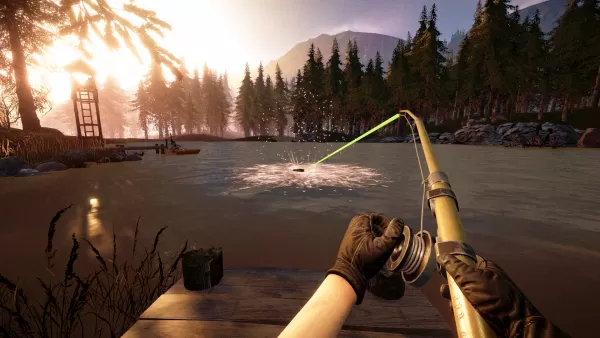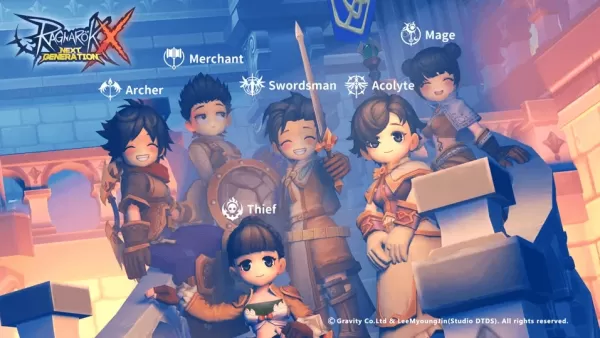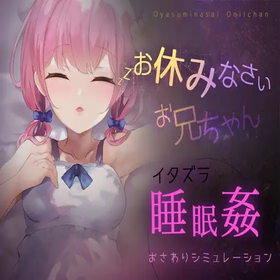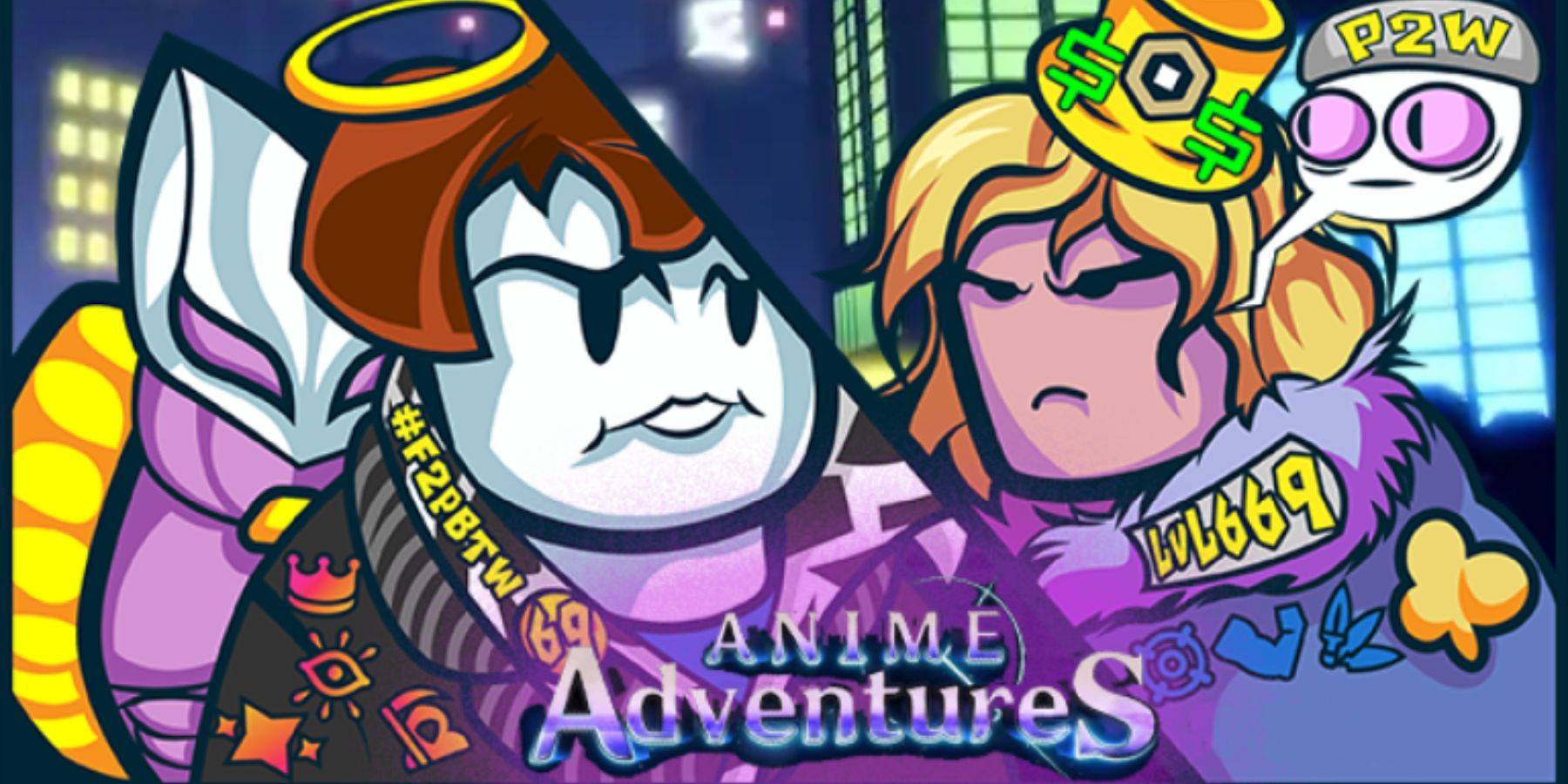"Clair Obscur: Expedition 33 Sparks Debate on Turn-Based Games"
In the ever-evolving world of role-playing games (RPGs), the debate between turn-based and action-oriented mechanics remains a hot topic. The recent release of Clair Obscur: Expedition 33 has reignited this conversation, particularly within the context of iconic series like Final Fantasy. This game, which launched last week, has been hailed as an exceptional RPG by IGN and numerous other reviewers, proudly showcasing its roots in classic turn-based gameplay.
Clair Obscur: Expedition 33 embraces traditional elements such as a turn order, equippable Pictos, dungeon exploration, and an overworld map. In an interview with RPGsite, producer Francois Meurisse explained that the game was always intended to be turn-based, drawing significant inspiration from Final Fantasy VIII, IX, and X. However, it also incorporates elements from action games like Sekiro: Shadows Die Twice and the Mario & Luigi series, integrating quick-time events and parrying/dodging mechanics into its combat system. This unique blend allows the game to feel like a traditional turn-based RPG during strategy phases, while offering a more action-oriented experience during the execution of attacks and defenses.
The success of Clair Obscur: Expedition 33 has fueled discussions on social media, with many citing it as evidence against the shift away from turn-based systems in major franchises like Final Fantasy. Naoki Yoshida, during the media tour for Final Fantasy XVI, discussed the move towards action-based mechanics, citing a growing preference among younger audiences for more interactive gameplay over command selection. This shift is evident in recent Final Fantasy titles like XV, XVI, and the VII remake series, each of which has received mixed reactions from fans.
While Yoshida's comments might have ruffled feathers among turn-based RPG enthusiasts, it's important to note that Square Enix hasn't abandoned turn-based games entirely. Titles like Octopath Traveler 2, SaGa Emerald Beyond, and the upcoming Bravely Default remaster for Switch 2 continue to uphold the tradition. However, suggesting that Final Fantasy should simply adopt Clair Obscur's approach oversimplifies the unique aesthetic and iconography that define the Final Fantasy series.
Historical debates around RPGs, such as those concerning Lost Odyssey versus Final Fantasy XIII, or the merits of Final Fantasy VII compared to VI, highlight the passionate discourse that surrounds the genre. Sales figures, which influenced Yoshida's decisions for Final Fantasy XVI, also play a crucial role in these discussions. While Clair Obscur: Expedition 33 achieved a remarkable 1 million sales in just three days, Square Enix's expectations for Final Fantasy are typically much higher.
The success of turn-based RPGs like Baldur's Gate 3 and Metaphor: ReFantazio challenges the notion that turn-based games cannot achieve mainstream success. Clair Obscur's triumph is a testament to the potential of mid-budget RPGs, suggesting a possible resurgence of this genre. However, whether this success signals a necessary shift for Final Fantasy remains uncertain, especially given the broader market trends and high production costs associated with major franchise entries.
Ultimately, the key takeaway from Clair Obscur: Expedition 33 is the value of authenticity. Games that authentically reflect their creators' vision, like Baldur's Gate 3, can achieve significant success. As Larian CEO Swen Vincke noted, investing in a high-budget, creatively-driven project can yield substantial results. This approach encourages developers to focus on making excellent games that resonate with their teams and audiences, rather than rehashing old debates.







